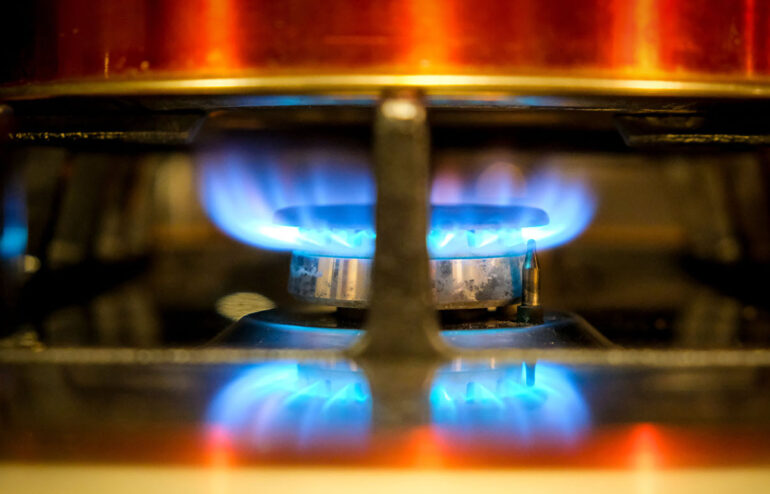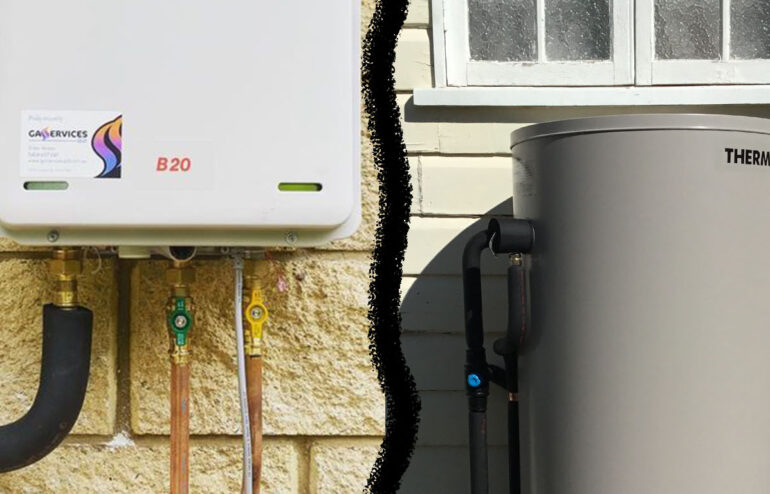In the hustle and bustle of our daily lives, it’s easy to overlook the maintenance of household essentials, and one aspect that often gets neglected is the regular servicing of gas appliances. From water heaters to stoves, gas appliances play a crucial role in our homes, providing comfort and convenience. However, ensuring their proper functioning requires more than just a quick glance. In this blog post, we’ll delve into the importance of servicing your gas appliances regularly and the benefits it brings to your home and family.
-
-
Safety First:
-
The primary reason to prioritise gas appliance servicing is safety. Gas leaks, carbon monoxide emissions, and faulty connections can pose serious threats to your household. Regular maintenance helps identify and address potential issues before they escalate, ensuring that your home remains a safe haven.
-
-
Efficiency Matters:
-
A well-maintained gas appliance operates more efficiently, saving you money on energy bills. Over time, dust, debris, and wear and tear can impact the performance of your appliances, leading to increased energy consumption. A routine service not only optimizes efficiency but also extends the lifespan of your appliances.
-
-
Prevention of Breakdowns:
-
Imagine your water heater failing in the dead of winter or your stove malfunctioning when you’re preparing a family dinner. Regular servicing can prevent these inconvenient and potentially costly breakdowns by catching issues early on. It’s a small investment that pays off in terms of peace of mind and the smooth operation of your household.
-
-
Environmental Impact:
-
Gas appliances that operate efficiently contribute to a lower carbon footprint. When appliances are well-maintained, they burn fuel more cleanly and release fewer harmful emissions into the environment. By servicing your gas appliances, you’re not only benefiting your home but also making a positive impact on the planet.
-
-
Peace of Mind:
-
Knowing that your gas appliances are in top-notch condition provides peace of mind. Whether you’re leaving for a vacation or simply going about your daily routine, the assurance that your appliances have been serviced and are operating safely is invaluable.
Regular servicing of gas appliances is not just a matter of convenience; it’s a responsibility that comes with enjoying the benefits of modern living. From safety and efficiency to environmental impact, the advantages of routine maintenance are numerous. Don’t wait for a breakdown or a safety hazard to remind you of the importance of servicing your gas appliances. Take a proactive approach, schedule regular maintenance, and ensure that your home remains a safe and comfortable haven for you and your family.
Contact our friendly team today to book your gas appliance in for a service.



